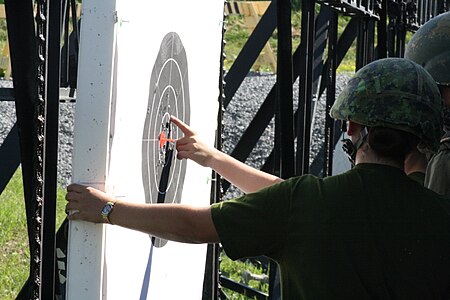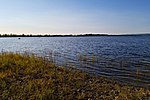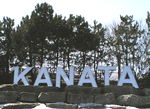Connaught Cadet Training Centre
Army cadet organisationsCanadian Cadet organizationsMilitary of CanadaOrganizations based in OttawaUse mdy dates from November 2011 ... and 1 more
Youth organizations based in Canada

Connaught Cadet Training Centre (Connaught CTC) (French: Centre d'instruction des cadets de Connaught; CIC Connaught), is a training centre for Royal Canadian Army Cadets, Royal Canadian Air Cadets, and Royal Canadian Sea Cadets since 1989. It is located at the Connaught Range and Primary Training Centre (CRPTC), in Ottawa, Ontario, and trains approximately 500 cadets each summer in 3, 4, 6, and 9 week courses. Administered by the Canadian Forces, the program is funded through the Department of National Defence. .
Excerpt from the Wikipedia article Connaught Cadet Training Centre (License: CC BY-SA 3.0, Authors, Images).Connaught Cadet Training Centre
Lewis Gun Road, Ottawa Nepean
Geographical coordinates (GPS) Address Nearby Places Show on map
Geographical coordinates (GPS)
| Latitude | Longitude |
|---|---|
| N 45.3575 ° | E -75.906111111111 ° |
Address
Lewis Gun Road
Lewis Gun Road
K2K 2W6 Ottawa, Nepean
Ontario, Canada
Open on Google Maps


